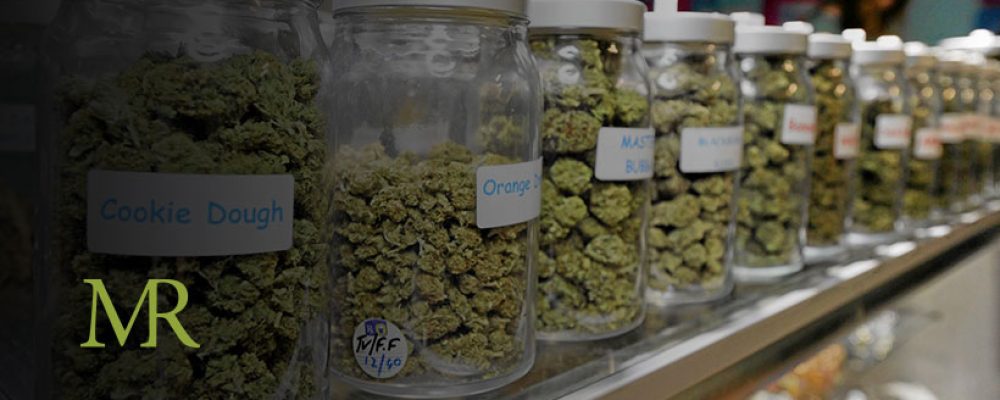The weed is so close you can almost taste it. Vermont is getting closer to legalizing the sale of marijuana — in the last week of February, the state’s Appropriations Committee pushed forward legislation 6-5. The tally clears the way for floor action, and the bill has bounced back to the Senate for reconciliation. Vermont previously passed cannabis legalization language in 2018. The state obviously didn’t legalize cannabis as a commercial industry at that time.
The legislature legalized the home cultivation and possession of adult-use cannabis 2018. Still, the catch is that there’s no legal way for consumers to buy marijuana. This bill could change that. Not only that, but the law would change the reference to “marijuana” to “cannabis” throughout the Vermont statutes.
The bill, known as S. 54, would legalize, regulate and tax cannabis sales for adults 21 and older. If S. 54 is enacted, Vermont will join the cannabis club, joining the 10 states that have legislation regulating and taxing adult-use recreational cannabis. Medical cannabis patients would be exempt from state taxes.
The establishment of a commercial cannabis market in the state would have the added benefit of creating new business license categories. Not only that, it would work in establishing a new government regulatory agency and generating taxes on legal sales. State taxes, not local taxes, that is. Local governments would be prohibited from adding their own local taxes on marijuana. The bill would also limit product potency. The state would require that the THC in cannabis flower not exceed 30 percent and cap the THC percentage in concentrates at 60 percent. Perhaps learning from Maine’s recent kerfuffle on pot advertising, regulators would set fees assessed to cannabis businesses for mandatory advertising reviews.
Lawmakers adjusted the bill’s planned tax rate, pushing it from a proposed 16 percent sales tax up to a hefty 20 percent combined rate that includes a 14 percent excise tax and a 6 percent sales tax.
Tax revenue allocations and cannabis-regulatory spending are already being strategized. Lawmakers approved granting 30 percent of marijuana excise tax revenue to substance misuse prevention efforts. Additional tax dollars will be allocated to after-school and summer learning programs. Before sending the bill to the floor, the Appropriations Committee cut the number of the proposed Cannabis Control Board (CCB) members to three (from the initial five) while simultaneously increasing it’s recommended funding and setting its funding termination date: July 1, 2024.


